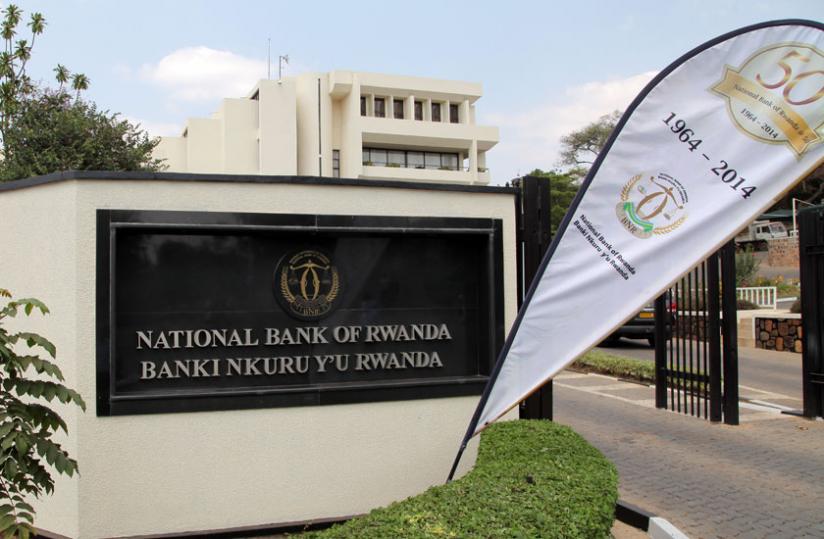
In a move to strengthen and enforce an anti-money laundering (AML), counter-terrorism financing (CTF), and counter-financing of the proliferation of weapons of mass destruction (WMD) measures, the Central Bank of Rwanda has issued new regulations which replace those established in 2020. This latest development has been published in the national gazette and aims to reinforce Law nº 75/2019 of 29/01/2020, which focuses on preventing and punishing money laundering, terrorism financing, and WMD financing.
The newly implemented regulations will impact a wide range of financial institutions operating within Rwanda, including commercial banks, cooperative banks, deposit-taking microfinance companies, large deposit-taking microfinance cooperatives, mortgage banks, and large e-money issuers. Additionally, development banks, life insurers, pension schemes, and non-deposit-taking financial service providers, which are subject to AML/CFT obligations, will also face sanctions under the new rules.
Other institutions affected by these regulations include forex bureaus, remittance service providers, deposit-taking microfinance cooperatives, small e-money issuers, insurance brokers, and trust and company service providers. The Central Bank has issued a stern warning, stating that any regulated institution found in violation or non-compliance with the provisions of laws, regulations, directives, or decisions regarding AML, CTF, and WMD financing will be held accountable.
Sanctions will be imposed depending on the severity of the fault and may range from a written warning to the revocation of licenses. Other potential penalties include suspension of support from the Central Bank, prohibition on declaring or paying dividends, restrictions on establishing new branches, suspending lending and investment operations, and prohibitions on acquiring additional assets.
Furthermore, if the Central Bank determines that a member of the board of directors or a senior manager of a regulated institution has violated the provisions of the Law, they may be subject to suspension, revocation of approval, or even dismissal. Monetary fines for these violations will range between Rwf100,000 and Rwf10 million, depending on the gravity of the fault. Fines must be paid to the Central Bank within ten days of receiving the notification letter; otherwise, the sanctioned amount will be automatically debited from the institution’s account at the Central Bank.
Institutions have the right to appeal pecuniary and administrative sanctions within seven working days of receiving the sanction letter. Central Bank of Rwanda decision on the appeal is considered administratively final, as stipulated by the regulation. This new regulatory framework underscores Rwanda’s commitment to combating financial crimes and safeguarding the integrity of its financial system.
















